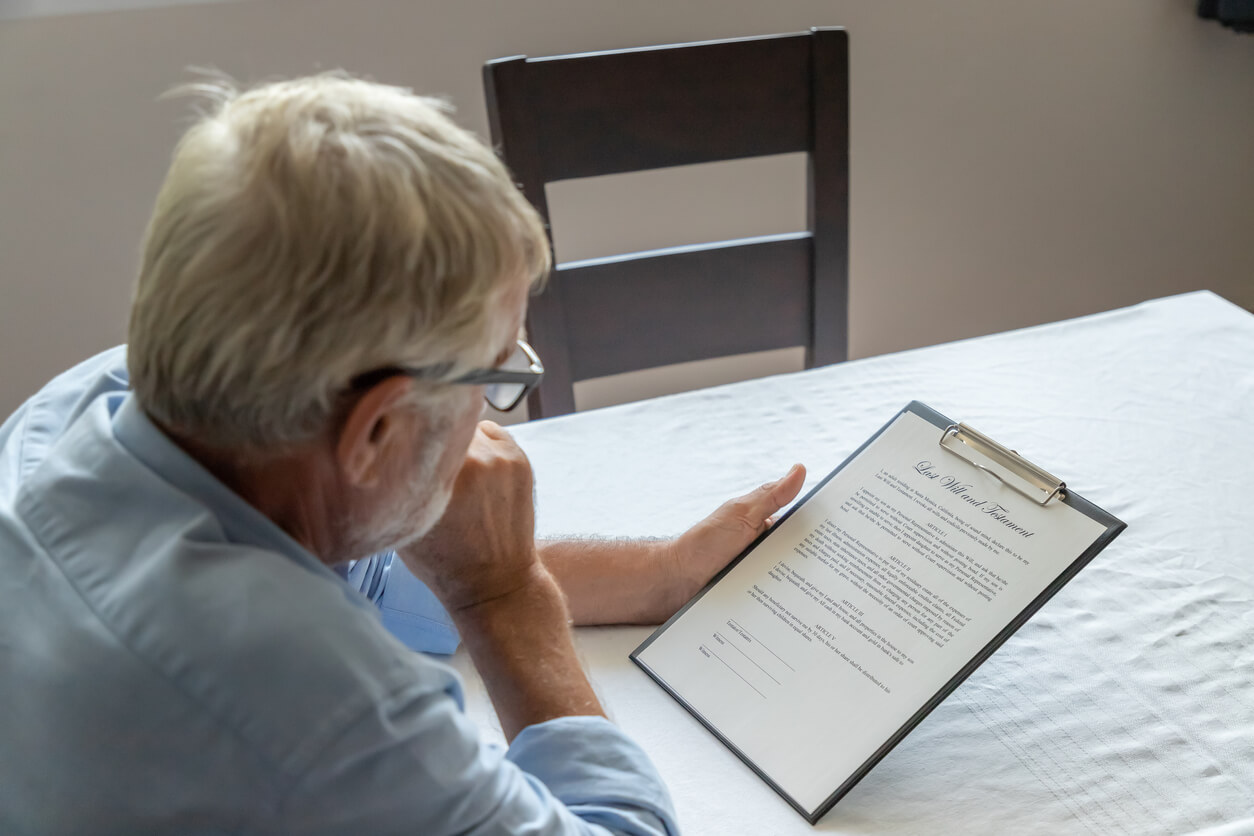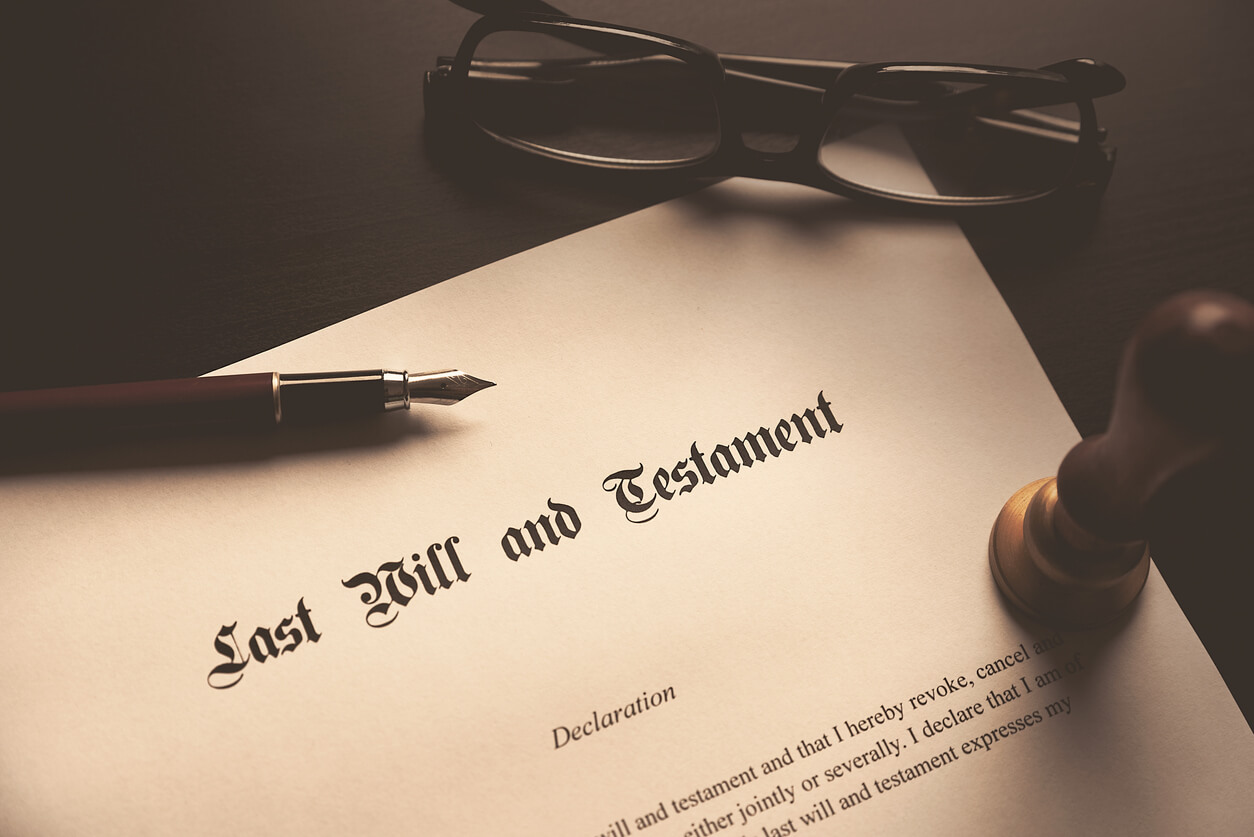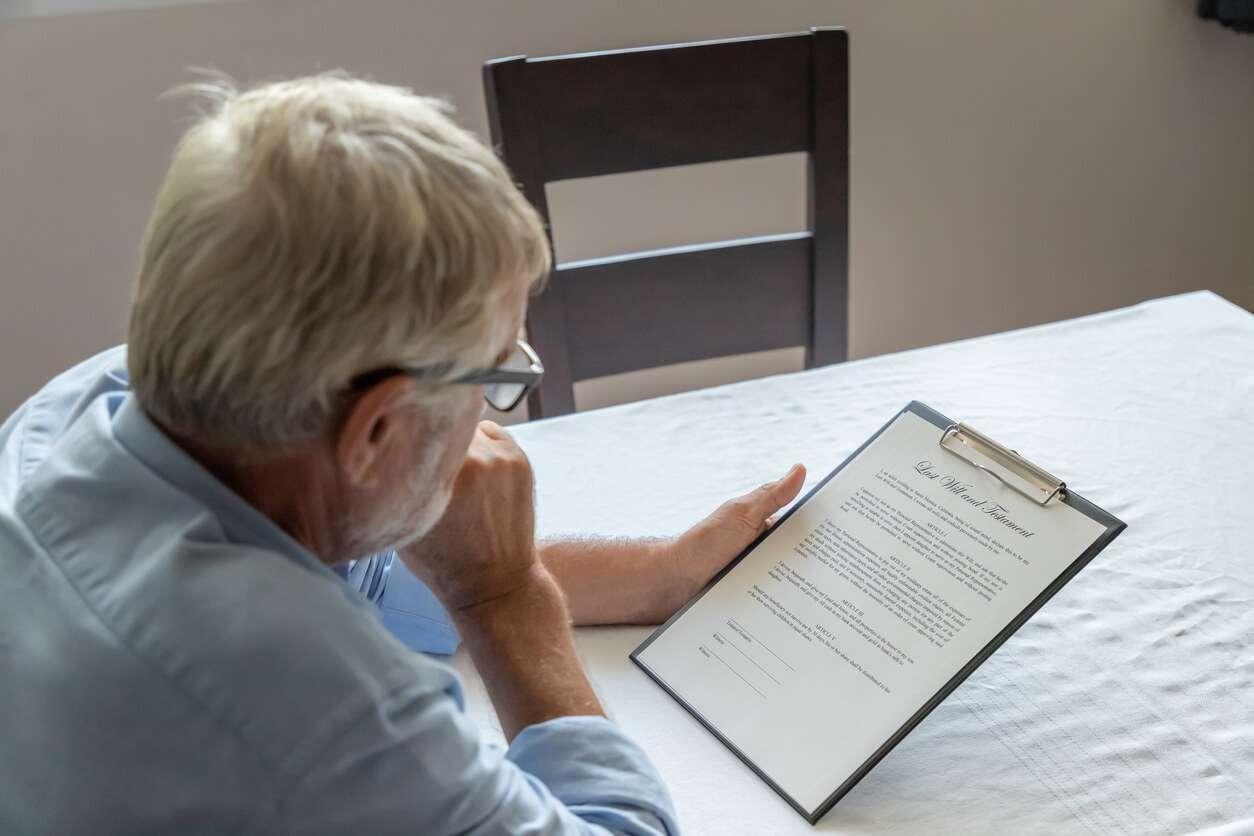Digital assets continue to evolve and expand. Individuals can accumulate significant digital assets, which could have substantial value. Unfortunately, digital assets can pose unique challenges for estate planning. Without a comprehensive estate plan, your digital assets could be lost or mismanaged. In this blog, our California estate planning attorney discusses tips for ensuring your digital assets are protected within your estate plan.
What Types of Digital Assets Can Be Included in a California Estate Plan?
Digital assets encompass a wide variety of electronic and online property. All digital assets can and should be included in your estate plan. Examples of digital assets to include in your Will and estate plan include:
- Financial accounts, including investment portfolios, online bank accounts, payment services, and cryptocurrency wallets
- Digital media libraries, digital subscriptions, streaming services, photos, videos, and e-books
- Social media accounts, including blogs, Facebook, LinkedIn, Instagram, Twitter, etc.
- Messaging apps and email accounts
- Cloud storage accounts, including Dropbox, Google Drive, etc.
- Domain names and websites
- Software licenses
- Online businesses, including Etsy and E-Bay
It is easy to forget about digital assets. Tracking your online presence for a few months can identify rarely used digital assets that need to be included in your digital inventory.
What Do I Need to Do to Include My Digital Assets in an Estate Plan?
Begin by creating a digital inventory for estate planning. List all accounts, including usernames, passwords, access codes, and encryption keys. Keep this list in a secure place for security reasons. Review security for your digital assets. Data encryption, strong passwords, and two-factor authentication can increase security for these assets.
Identify all electronic devices used to access digital assets. Print the website terms for review. Some user agreements, terms of service, and privacy policies could impact the transfer of digital assets or access to digital assets by heirs. Some accounts may have legacy settings you can use to designate someone to take control of the account after your death or incapacitation.
Communicate your wishes in your estate plan. Update your Will to include digital assets. Also, include digital asset provisions in your Durable Power of Attorney and a living trust.
Discuss digital assets with family members to make them aware of these assets and your wishes. Making your family aware of your wishes and who you appoint to manage your digital assets can avoid problems after your death.
Naming a Digital Executor to Manage Digital Assets After Your Death
The California Revised Uniform Fiduciary Access to Digital Assets Act (RUFADAA) gives you the right to name an agent to manage digital assets. This person will have access to your digital assets to transfer control of assets to your beneficiaries. You may want to use a password manager to improve security and make accessing all digital assets easier for your digital executor.
Learn More During a Free Consultation With a California Estate Planning Attorney
Digital assets can have substantial value. Do not overlook these assets during estate planning. Contact the Loew Law Group to schedule a free case evaluation with an experienced California estate planning attorney.




